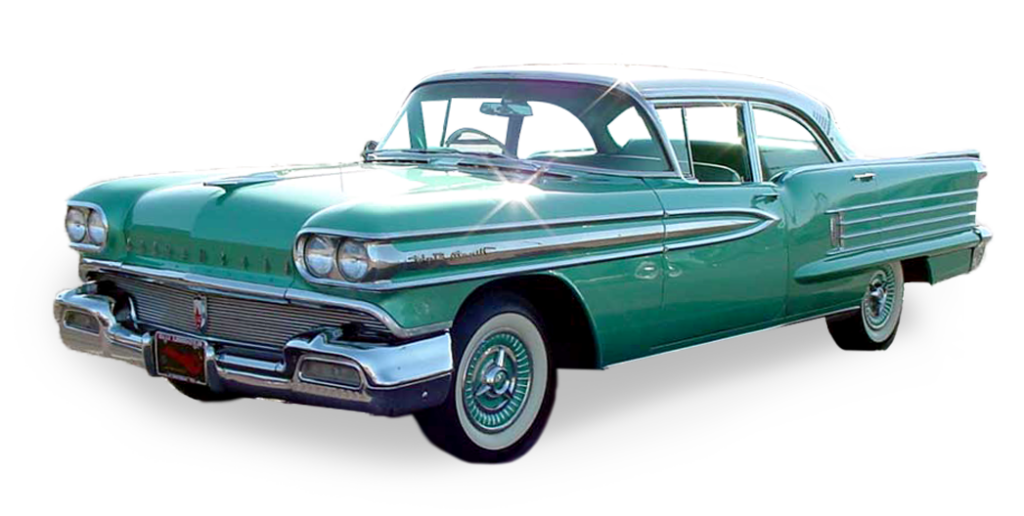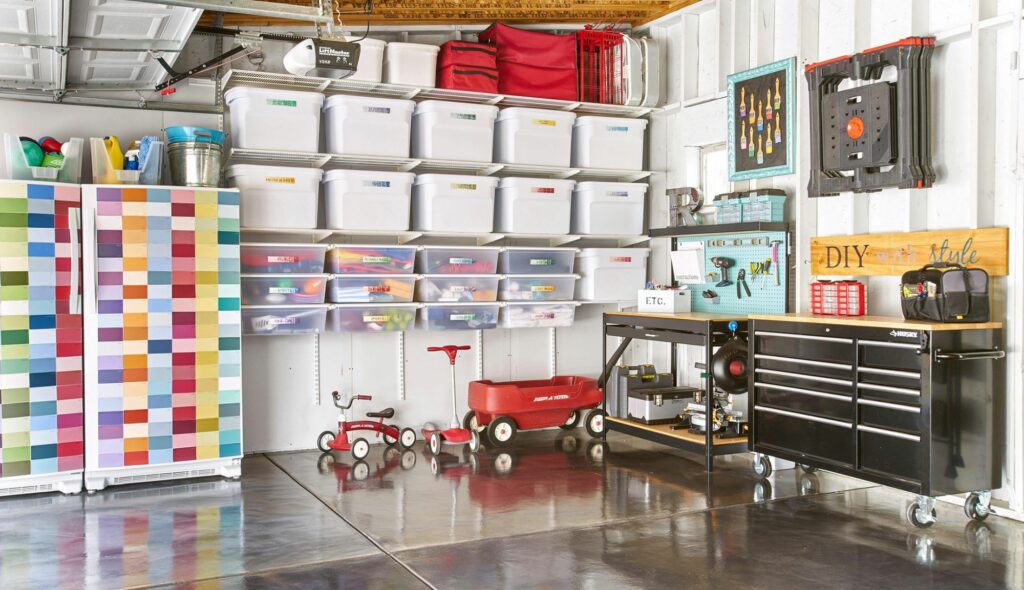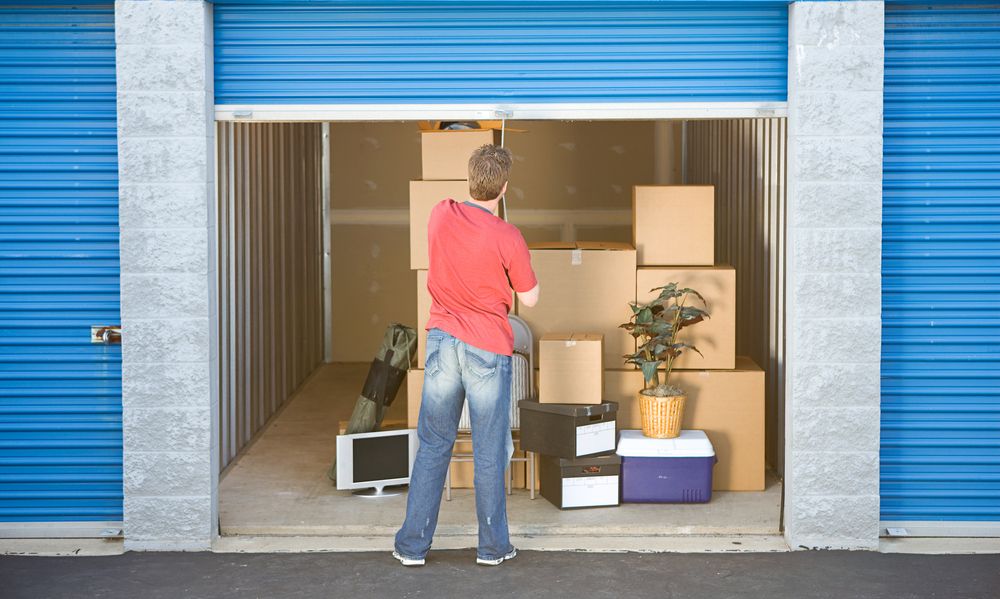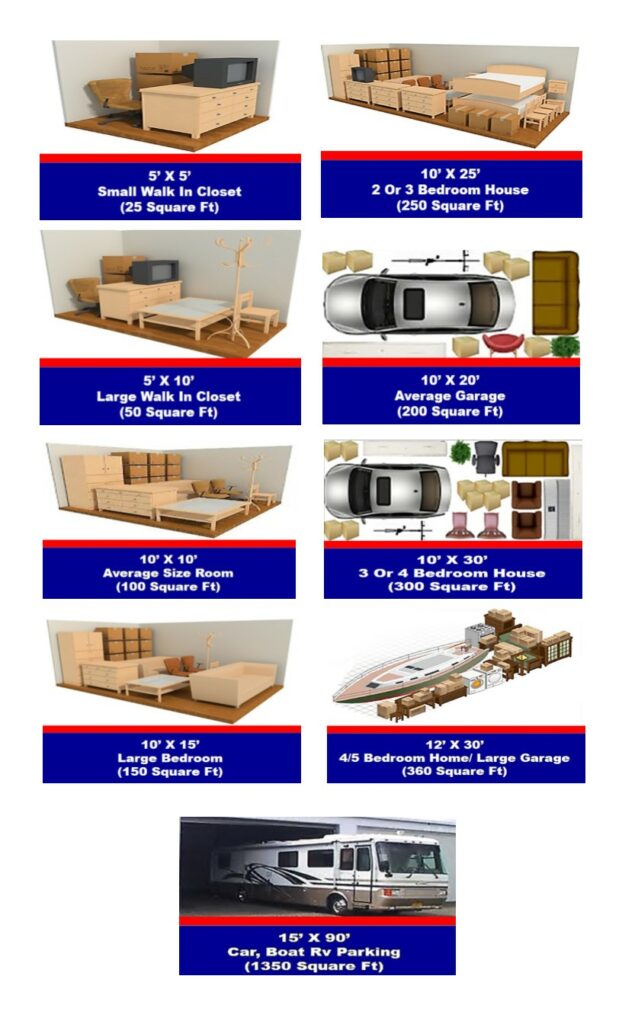
As Winter approaches, it is key to prepare your car and equipment for storage to ensure they remain in good condition and are ready to go when the weather begins to warm up. Obviously, vehicles and equipment may be placed in heated storage units to reduce the need to prepare them for cold weather. We have units for that very need if you so desire. They cost a bit more, but the time savings and extended life you will see in your motorized possessions will be worth it.
If you select a standard unit or a heated unit is not available, preparation will help prevent damage and reduce maintenance for a smooth start come springtime.
To winterize cars, here are some tips.
- Wash and wax your vehicle. After the wash apply a protective wax coating to protect the paint from the elements. Pay special attention to the rims and tires. Cleaning and conditioning rubber trim, moldings, and tries can help prevent any cracking and fading. Applying Rust-Resistant coating to the undercarriage and suspension components can help protect against rust and corrosion.
- Cleaning and vacuuming the vehicle interior can help prevent rust, mold, mildew, or any damage done to the upholstery and flooring. Don’t forget to leave the window open just a crack for air circulation. When it comes to leather, it’s important to condition leather seats, paneling, and the dashboard to prevent cracking and drying.
- When it comes to mechanical aspects of your vehicles, the basics include.
– Oil Change, ensuring it has fresh oil to prevent corrosion.
– Check all fluid levels, topping them off if needed such as antifreeze, brake fluid, and transmission fluid.
– Battery Maintenance, you can either disconnect the battery or use a trickle charger to prevent discharge.
– Add Fuel Stabilizer to prevent gasoline breakdown and corrosion.
– Check tire pressure, adding air if needed to avoid cracking of the tires which comes with bulging in underfilled tires.
Winterizing small engines such as lawn mowers and generators, draining fuel tanks is important to prevent corrosion and stale fuel. Cleaning or replacing air filters can assist with future engine performance. Small four-cycle engines also need an oil change to prevent corrosion. Fresh oil circulated prior to storage goes a long way to extending engine life.
Again, the ideal option is our indoor heated storage for your Boat or RV. But if you chose not to select that option, here are a few tips.
- Drain all applicable water systems to prevent freezing and cause any unwanted damage.
- Cleaning and disinfecting the interior (including appliances and fixtures) will reduce unwanted smells.
- As discussed above relative to cars, follow all external cleaning and engine preparation protocols.
Storing your vehicle as discussed (if you are not storing it in one of our heated units), not only gives you peace of mind, but also can help you save time and money by preventing any major issue which could occur without proper preparation. Remember, ALWAYS FOLLOW MANUFACTURER SPECIFICATION WHEN PLACING YOUR VEHICLE IN STORAGE.










